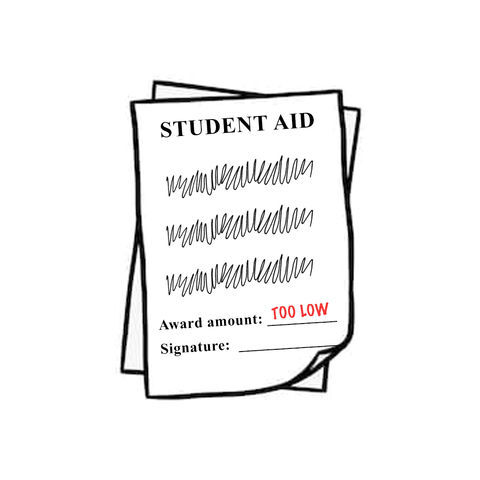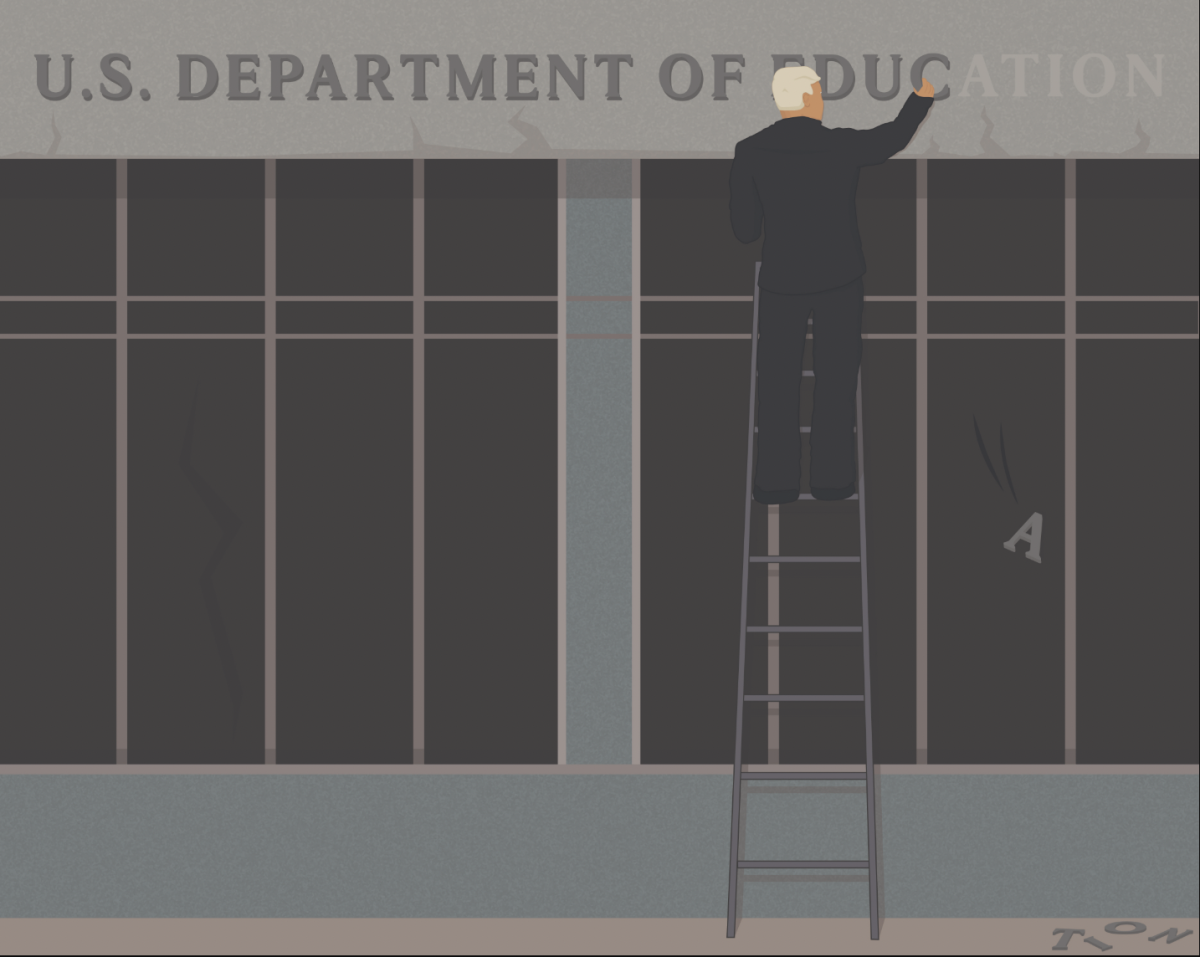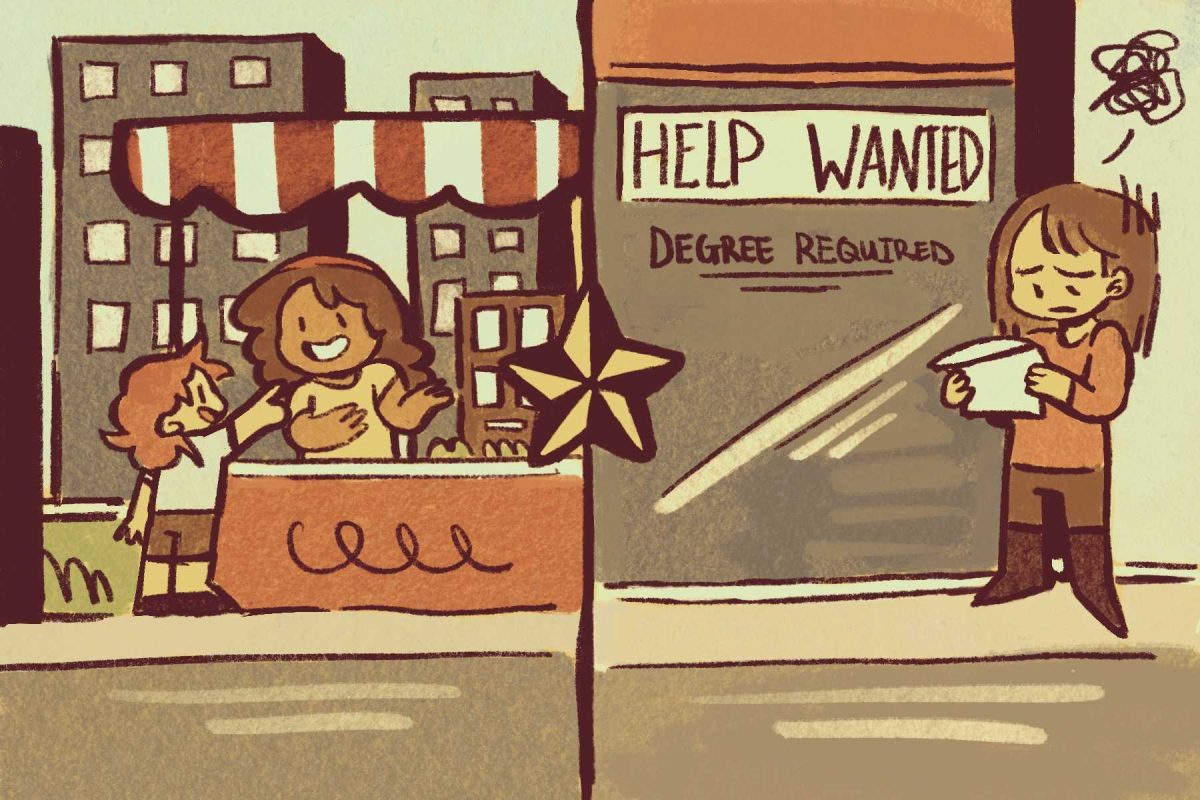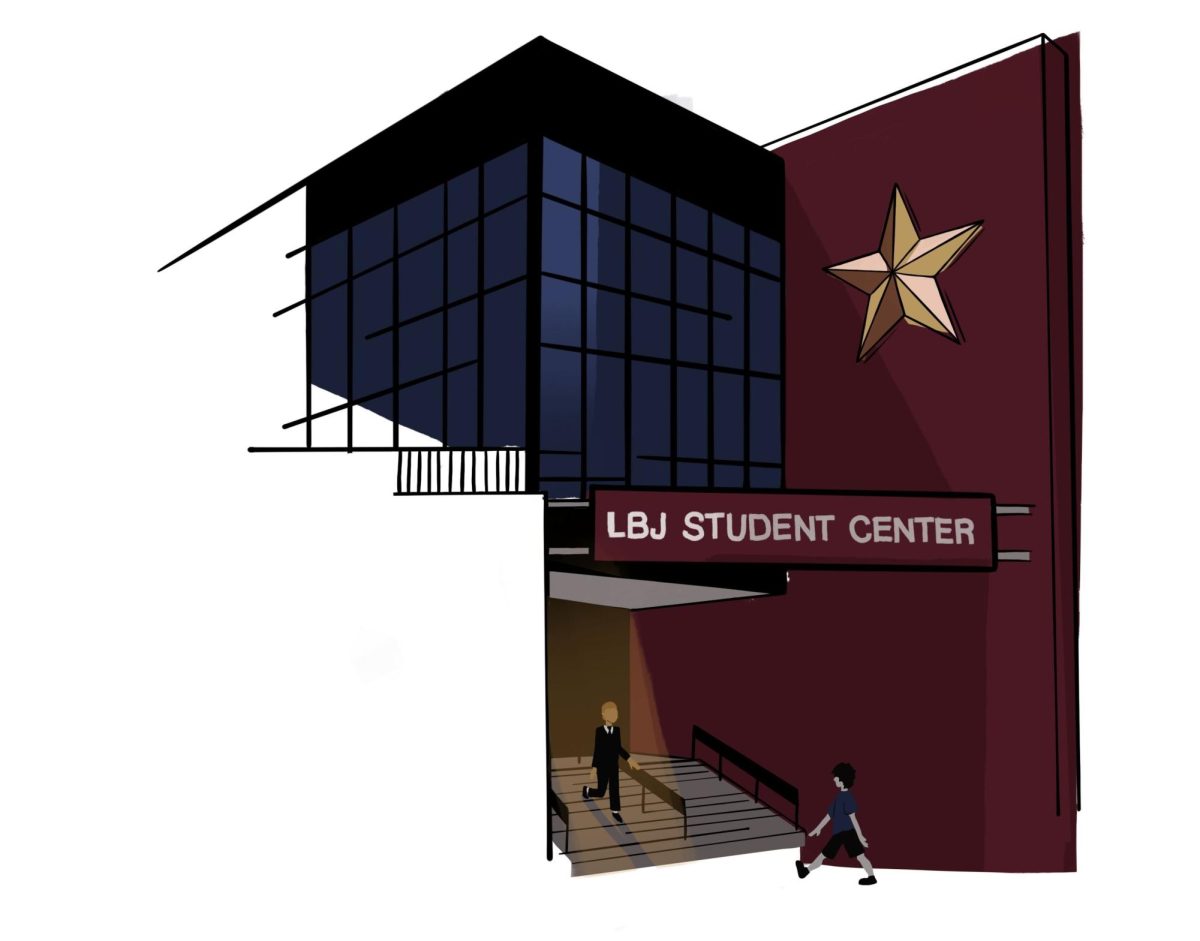The Free Application for Federal Student Aid, known as FAFSA, is the lifeblood of most students who attend universities. This form determines how much financial aid a student is eligible for and can make or break whether someone can attend a college. With over 120 billion dollars awarded each year, it’s an important resource for students and for too many, they may not be getting what they actually deserve.
When a student receives their aid award letter it can be exciting or disappointing depending on how much was offered but what many people do not know is that in many cases, schools are lowballing students and offering far less than what is actually earned. That is why students need to be their own advocates. Anyone who receives an award letter should negotiate and appeal their financial aid.
The reason for this is simple. There is no harm in asking for more money. The worst that can happen is a ‘no’ but in many cases colleges are already invested in a student and need to keep both their enrollment and retention numbers up. Sometimes they will up their offer by a few thousand dollars or in some dramatic cases, go from offering nothing to offering over $50,000. Colleges set aside on average twenty percent of their financial aid money for these appeals so this is money college students should push to secure.
One of the keys to getting more out of FAFSA is to submit supplements and addendums. Too often, FAFSA is filled out and then forgotten about once the money rolls in but if situations change, then it becomes important to update this document. Health conditions or people being laid off can contribute to more money being offered or if a student achieves a high GPA, they may be eligible for merit-based aid.
For incoming or prospective students, the best time to negotiate is when the college wants them but the student has not made a decision yet. This places all the power with the student who may be able to coax the university to give up more money.
All students should do this. This is like any other negotiation such as for a job. Some might take the first offer but a savvy interviewee sees if they can push for a little more. They might not get the money but it certainly would be nice to get more. College is expensive and since most students graduate with around $30,000 in debt, any amount of money that brings that number down is vital to the well-being of one’s future.
There is not some insidious plan for the universities to screw people over but resources are limited which is why sometimes the number comes in low. If someone is a strong advocate for themselves and armed with a knowledge of the appeals process, they can obtain a good amount of money placing themselves in a better position to pay for and succeed in college. It is of the utmost importance that people fight for more money. Every student should negotiate and appeal their FAFSA. You never know what may happen.
– Jordan Drake is a communications senior
Categories:
Students should negotiate their FAFSA
November 13, 2018

What many people do not know is that in many cases, schools are lowballing students and offering far less than what is actually earned. That is why students need to be their own advocates. Anyone who receives an award letter should negotiate and appeal their financial aid.
Illustration by Cameron Hubbard
0
Donate to The University Star
Your donation will support the student journalists of Texas State University. Your contribution will allow us to purchase equipment and cover our annual website hosting costs.
More to Discover








